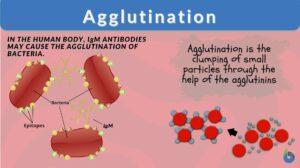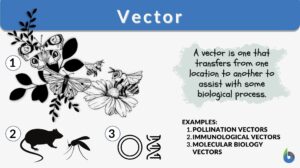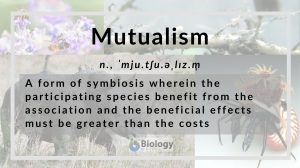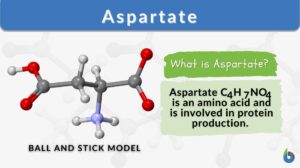Search Results for: stick
Chlorophyll
Why are most plants green? Have you ever had the same question? Perhaps, you’ve been told that the plants are green... Read More
Agglutination
Agglutination Definition What does agglutination mean? It generally refers to the process of sticking together or the... Read More
Cell immobilization
Definition noun (biotechnology) A process wherein cells (animal or plant cells) are fixed in a suitable matrix and are used... Read More
Thalassophobia
Among many psychological and psychiatric disorders, one is the fear of the ocean and the fear of deep water, which in... Read More
Pneumatophore
Definition noun, plural: pneumatophores (botany) A specialized aerial root, such as in certain mangrove species, that stick... Read More
Cis fatty acid
Definition noun, plural: cis fatty acids A fatty acid in a cis configuration, i.e. two hydrogen atoms adjacent to the double... Read More
Circulation
Blood Blood is composed of a liquid, plasma, and blood cells such as erythrocytes (red blood cells,) leukocytes (white... Read More
Cell adhesion
Cell Adhesion Definition Cell adhesion is the process in which a cell uses a specialized complex of proteins to get... Read More
Scared to Death
Scared to Death: Self-Willed Death, or the Bone-Pointing Syndrome by Patrick D Hahn Accepted on: September 4,... Read More
Bacillus stearothermophilus
Definition noun A rod-shaped, endospore-forming, Gram-positive bacterium that belongs to the division... Read More
Disruptive Selection
An evolutionary process known as disruptive selection (or disruptive natural selection) causes a population to become... Read More
Gammaproteobacteria
Definition noun (taxonomy) A class within Phylum Proteobacteria that includes unicellular bacteria that are mostly... Read More
Plant Water Regulation
A plant requires water as an essential ingredient of photolysis, the photochemical stage of photosynthesis where water is... Read More
Water in Plants
The movement of molecules, specifically water and any solutes, is vital to understand in light of plant processes. This will... Read More
Light-dependent reaction
Many organisms, such as green plants, convert light energy into chemical energy through the mechanism of photosynthesis. In... Read More
Spontaneous generation
Definition noun plural: spontaneous generations The previously popular notion that living organisms arise or develop from... Read More
Parthenogenesis
To reproduce, by definition, means to produce new offspring. The process is referred to as reproduction, which is one of the... Read More
Ameranthropoides loysi
"Ameranthropoides loysi" (otherwise known as de Loys' Ape) is the unofficial name for a large primate supposedly... Read More




















